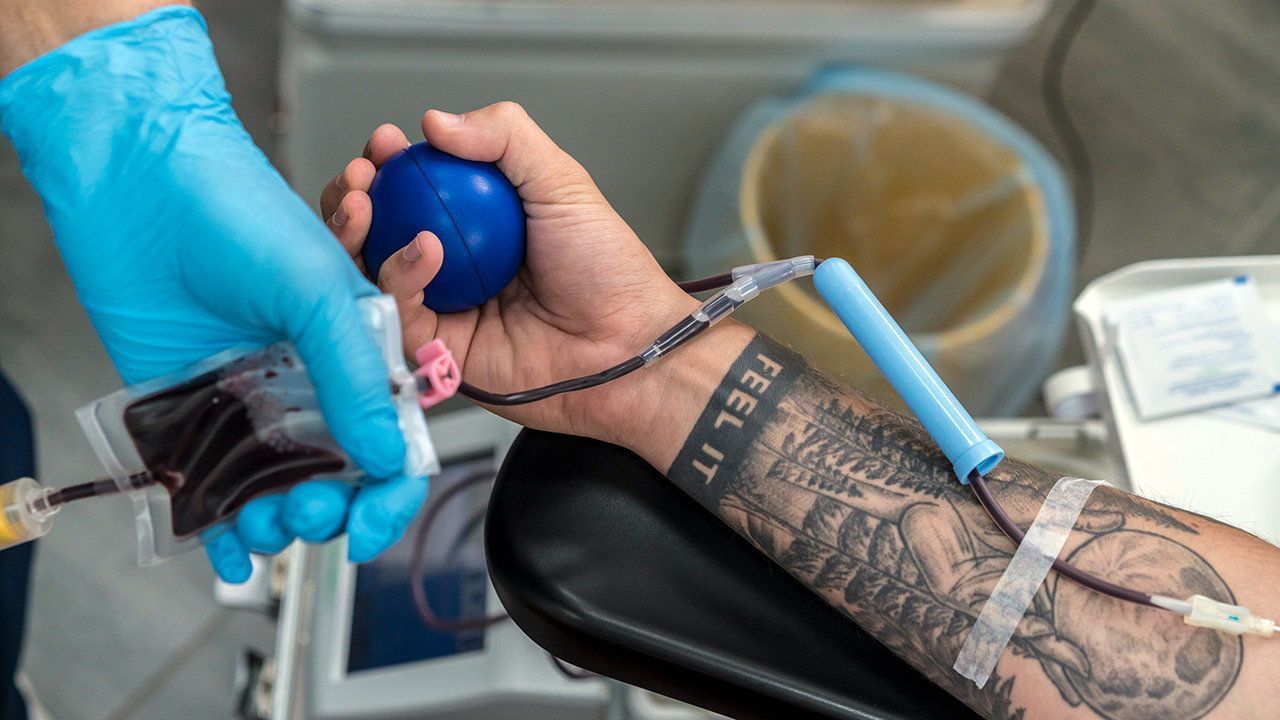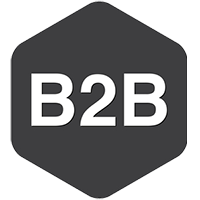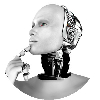A promising technique could make blood types mutually compatible
 E VERYONE HAS a blood group, defined by the characteristic chains of sugar molecules, or antigens, that protrude from their red blood cells like spikes on a hedgehog’s back. Not all these groups are created equal. In the roughly 50% of people with type O, the sugars are harmless, allowing their blood to be transfused into any needy body. In those with A and B blood groups, however, the antigens can trigger harmful immune reactions in someone with a different group. Those with AB blood, who have both types of antigen, can only donate blood to one another.
E VERYONE HAS a blood group, defined by the characteristic chains of sugar molecules, or antigens, that protrude from their red blood cells like spikes on a hedgehog’s back. Not all these groups are created equal. In the roughly 50% of people with type O, the sugars are harmless, allowing their blood to be transfused into any needy body. In those with A and B blood groups, however, the antigens can trigger harmful immune reactions in someone with a different group. Those with AB blood, who have both types of antigen, can only donate blood to one another.
Supplies of O are therefore in very high demand. If other groups could be transformed to O, the supply of universal donors could be instantly doubled. Now researchers reckon they might have found a way to do it, thanks to a new mix of enzymes found inside gut bacteria.
Psychiatrists are at long last starting to connect the dots
This simplifies things for the world’s timekeepers
The effect could give our brains longer to process information


 Advertising on our project is a great way to promote a brand and attract new customers for your company!
Advertising on our project is a great way to promote a brand and attract new customers for your company!  AUD: 0.6642 $
AUD: 0.6642 $  CAD: 0.7337 $
CAD: 0.7337 $  CHF: 1.1053 $
CHF: 1.1053 $  CNY: 0.1385 $
CNY: 0.1385 $  EUR: 1.0832 $
EUR: 1.0832 $  GBP: 1.2619 $
GBP: 1.2619 $  JPY: 0.0064 $
JPY: 0.0064 $  RUB: 0.0110 $
RUB: 0.0110 $ 




























